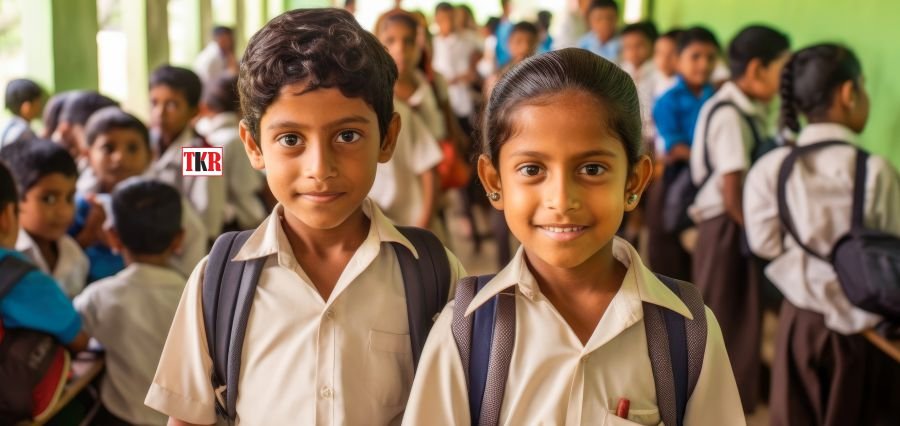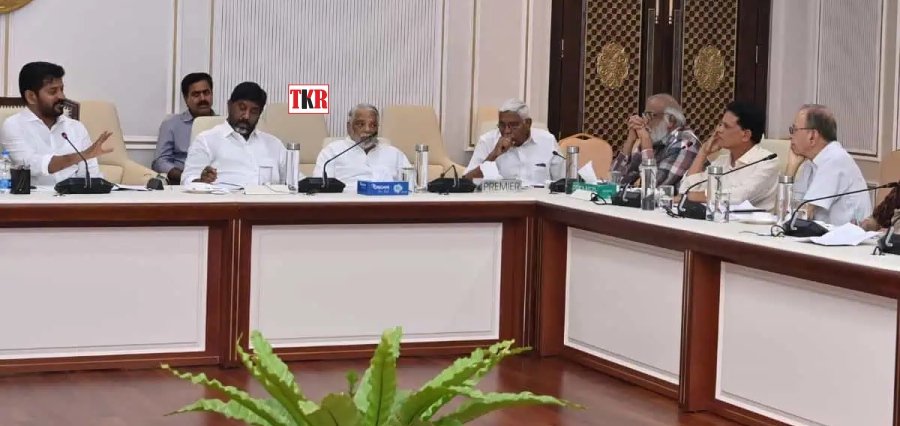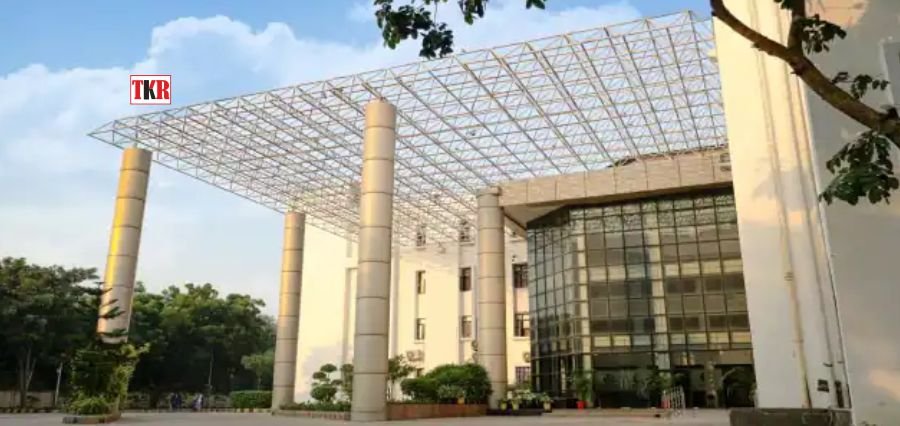GuruVR, founded by Akshay Rathod, collaborates with 28 institutions in and around Pune. It is being used by students to investigate robotic arms and quantum physics, among other topics.
PM Narendra Modi was informed by Khushi, a young student from Dankur village in Uttar Pradesh, about her space voyage during the India Mobile Congress 2022 held at Pragati Maidan in Delhi. “I saw a vivid visual of the solar system as a whole. After viewing Saturn’s rings, I touched down on Mars. I turned to face the sun, which was towering. She remarked, “It all seemed so real.”
Khushi is one of thousands of students in India who have put on virtual reality (VR) headsets thanks to a Pune-based startup called FireBirdVR. The company wants to transform the way education is delivered and received in the nation, particularly in outlying towns and villages and prestigious universities like Pune’s MIT World Peace University. Guru VR is a disruptive technology that aims to change the way people in the nation think about virtual reality outside of gaming.
Advanced Industrial Robotics is a new subject offered by the government-run Industrial Training Institute. Although they don’t have access to the million-dollar gadgets, students are learning about robotic arms and other similar devices. According to FireBirdVR’s founder and CEO, Akshay Rathod, “this is where GuruVR comes into the picture.”
The pupils move through a virtual classroom while donning headsets, and then they enter one where the instructor is showing off multiple robots. A robotic arm is situated on a platform behind a panel of levers in a nearby room. The robotic arm reacts when the pupil turns a lever. They are able to disassemble it, examine each part, learn what it is capable of, and then reassemble everything.
With Guru VR, a subject can become tactile, allowing students to see and feel the concepts and materials being taught in the classroom. Currently, GuruVR collaborates with 28 institutes located in the Pune area.
“Students will have access to their curriculum once they put on a VR headset and sign in with us through their respective institute,” explains Rathod.
India’s virtual reality business is expanding, yet there are still areas of the country that cannot be accessed because of poor internet connectivity. The reality that can pose a problem to GuruVR is that, as COVID indicated, students in rural places were unable to attend classes because of unstable internet.
Rathod, however, finds hope in the current 5G internet penetration in India. In the far-off village of Dankur, where Khushi resides, GuruVR, the winner of the Department of Telecommunications’ first-phase 5G hackathon in 2020–21, collaborated with Airtel to offer the nation’s first VR–enabled 5G classroom.
Read More: Click Here





